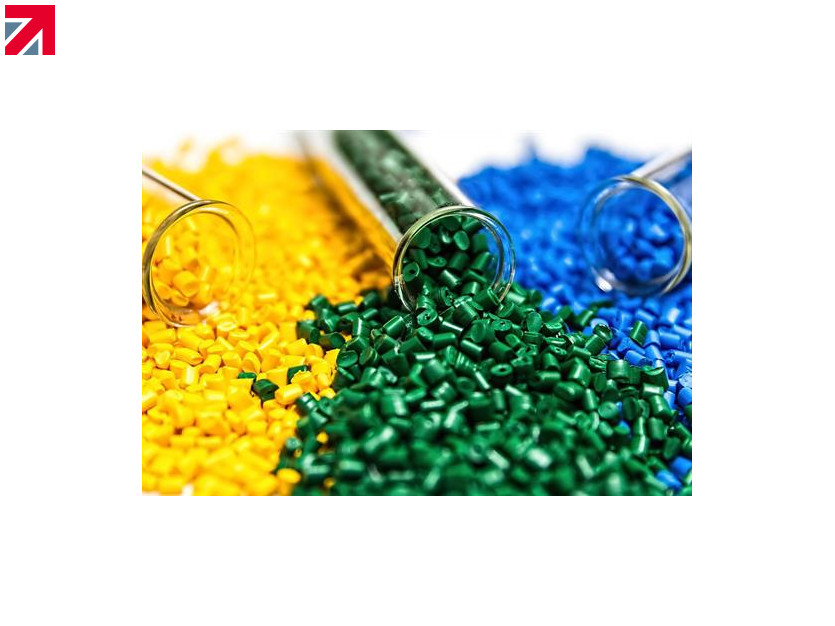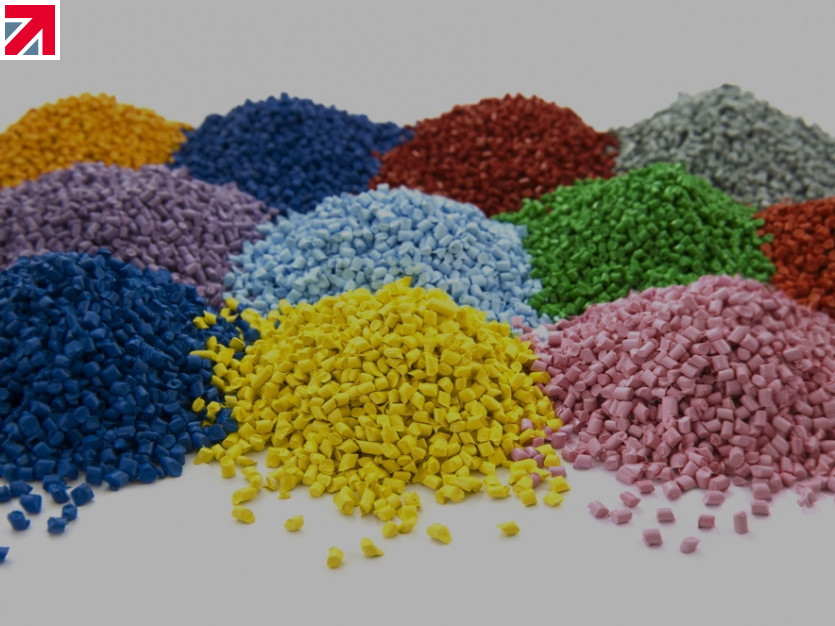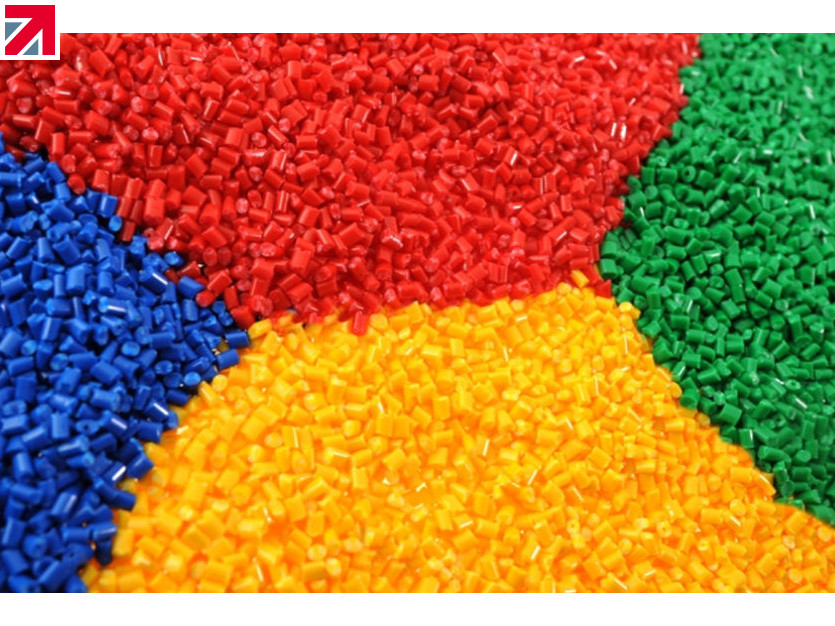What Plastics are used for Plastic Injection Moulding?
There are more than 85,000 commercial plastic materials and 45 polymer series available for injection moulding. Among them, polymers can be roughly divided into two categories: thermosetting plastics and thermoplastics.
The most used plastic types are high-density polyethene (HDPE) and low-density polyethene (LDPE). Polyethene has many advantages, including high ductility, good tensile strength, strong impact resistance, moisture resistance and recyclability.
Other commonly used injection moulding plastics made by plastic mould designer include:
Polycarbonate (PC)
This strong, impact-resistant plastic has low shrinkage and good dimensional stability. PC is a kind of transparent plastic with different optical transparency grades, which can provide high decoration and good heat resistance.
Acrylonitrile butadiene styrene (ABS)
This tough, impact-resistant plastic is widely used in various industries. ABS has good acid and alkali resistance, low shrinkage, and high dimensional stability.
Polymethyl methacrylate (PMMA)
PMMA, also known as acrylic, has good optical properties, high gloss and scratch resistance. It also provides low shrinkage and less sinking for geometries with thin cross-sections and thinking cross-sections.
Aliphatic polyamide (PPA)
There are many types of PPA (or nylon), and each has its own advantages. In addition to strong acid and alkali resistance, nylon also has high strength, high-temperature resistance and chemical resistance. Some nylons are abrasion resistant and have good hardness and rigidity, and good impact strength.
Polyoxymethylene (POM)
Commonly known as acetal, this plastic has high hardness, rigidity, strength and toughness. It also has good lubricity, resistance to hydrocarbons and organic solvents. Good elasticity and smoothness also provide advantages for certain applications.
Polypropylene (PP)
This inexpensive resin material has high impact resistance in some grades but becomes brittle at low temperatures (in the case of propylene homopolymers). The copolymer has higher impact resistance, while PP also has abrasion resistance, flexibility, which can provide very high elongation and acid and alkali resistance.
Polybutylene terephthalate (PBT)
Good electrical properties make PBT an ideal choice for power components and automotive applications. The strength varies from medium to high, depending on the glass filler. PBT also shows fuels, oils, fats and many solvents, and it also does not absorb flavours.
Polyphenylsulfone (PPSU)
PPSU is a dimensionally stable material with high toughness, high temperature and heat resistance, and can withstand radiation sterilization, alkalis and weak acids.
Polyetherimide (PEI)
PEI (or Ultem) has high-temperature resistance and flame retardancy, as well as excellent strength, dimensional stability, and chemical resistance.
Polyetheretherketone (PEEK)
This high-temperature resistant, high-performance resin has a heat resistance and flame resistance, excellent strength and dimensional stability, and good chemical resistance.
We use many other materials as well as the above including a lot of specialists, sustainable & engineering plastics; If you would like to find out more or have any questions please do not hesitate to get in touch, contact details can be found below:
Email: Sales@dudleyassociates.com or Jacob.Taylor@dudleyassociates.com
Tel: 01455 558825
Mob: 07754 857071
Our Socials can also be found below:
LinkedIn: https://www.linkedin.com/company/dudley-associates-ltd/
Instagram: https://www.instagram.com/dudleyassociates
Twitter: Dudley Associates (@DALPlastics) / Twitter
Facebook: https://www.facebook.com/DudleyAsssociates
Find out more about Dudley Associates Ltd on their member profile page here
Member-created content 2 years ago | From members


